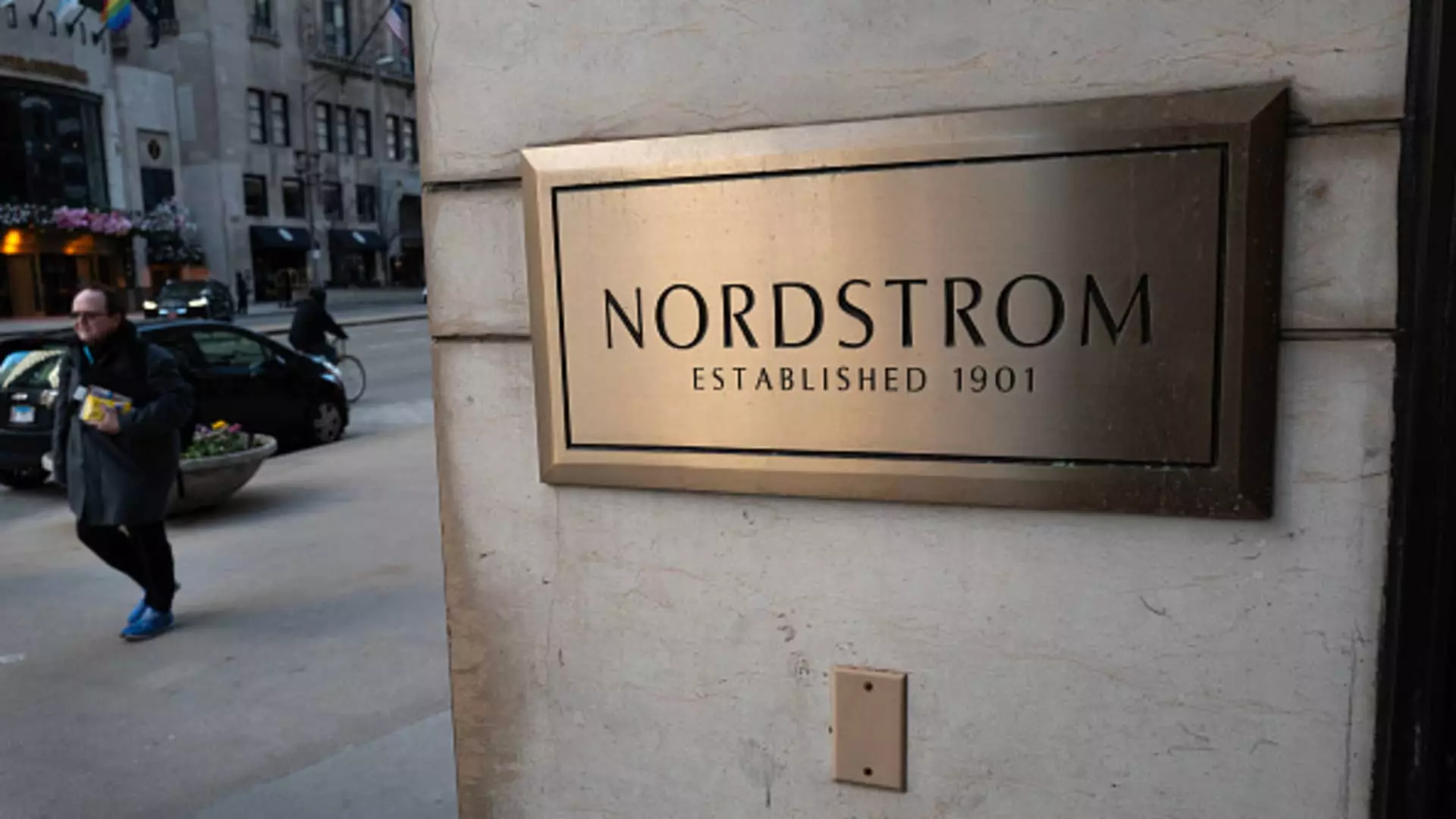In a significant move poised to reshape the landscape of American retail, Nordstrom has announced its transition to a private company following a lucrative buyout deal estimated at $6.25 billion. This agreement, reaching fruition with backing from both the founding Nordstrom family and the Mexican department store chain El Puerto de Liverpool, marks an essential pivot for a retail icon that has faced increasing pressures in a competitive market. The decision, approved unanimously by the board of directors, suggests a strategic intent to focus on long-term growth free from the scrutiny and volatility that often accompany public trading.
As part of the deal, the Nordstrom family will retain a majority stake, holding 50.1% of the company, while El Puerto de Liverpool will control 49.9%. Each common shareholder of Nordstrom will receive $24.25 per share in cash, a move believed to incentivize investors and facilitate a smoother transition into private ownership. Historically, this is not the first instance wherein the family has sought to reclaim control; a previous attempt to privatize in 2018 proved unsuccessful. The latest buyout proposal emerged from a backdrop of cautious market evaluations, fueled by rising uncertainties regarding consumer behavior—an aspect that Nordstrom’s leadership has openly acknowledged.
Nordstrom’s recent financial performance has shown resilience despite industry-wide challenges. For example, the company exceeded sales expectations in November, with a 4% increase in revenue year-on-year—indicative of its ability to adapt and thrive amidst shifting consumer preferences. However, projections for the holiday season were more tempered, reflecting cautious optimism intertwined with industry realities as retailers across the spectrum confront a demographic shift towards price sensitivity and selective purchasing. This awareness suggests an acute understanding of the evolving retail environment as luxury brands navigate a choppy market.
Founded in 1901 as a shoe store, Nordstrom has grown into a multifaceted retailer with over 350 locations, including Nordstrom Local and Nordstrom Rack stores. The company’s rich heritage has always centered on customer experience—a principle echoed by CEO Erik Nordstrom, who expressed excitement about this new chapter in a recent press release. The move to private status may afford the company the necessary agility to pivot operations, respond to consumer needs, and invest in its retail offerings without the relentless pressures of quarterly reporting.
While expanding its influence in the U.S. market, partnering with El Puerto de Liverpool could potentially allow Nordstrom to tap into Mexico’s burgeoning retail scene, enhancing its geographical footprint and consumer base. This partnership may serve to strengthen both companies, leveraging joint resources as they confront the modern retail landscape, characterized by fast-evolving consumer expectations and economic headwinds.
As Nordstrom embarks on this private venture, the implications on its operational strategy, consumer engagement, and market positioning will be closely watched by industry observers. The merger reflects a commitment to adaptability in the face of external pressures and signifies a bold step into the unknown as retailers highlight their place in an unpredictable world.

